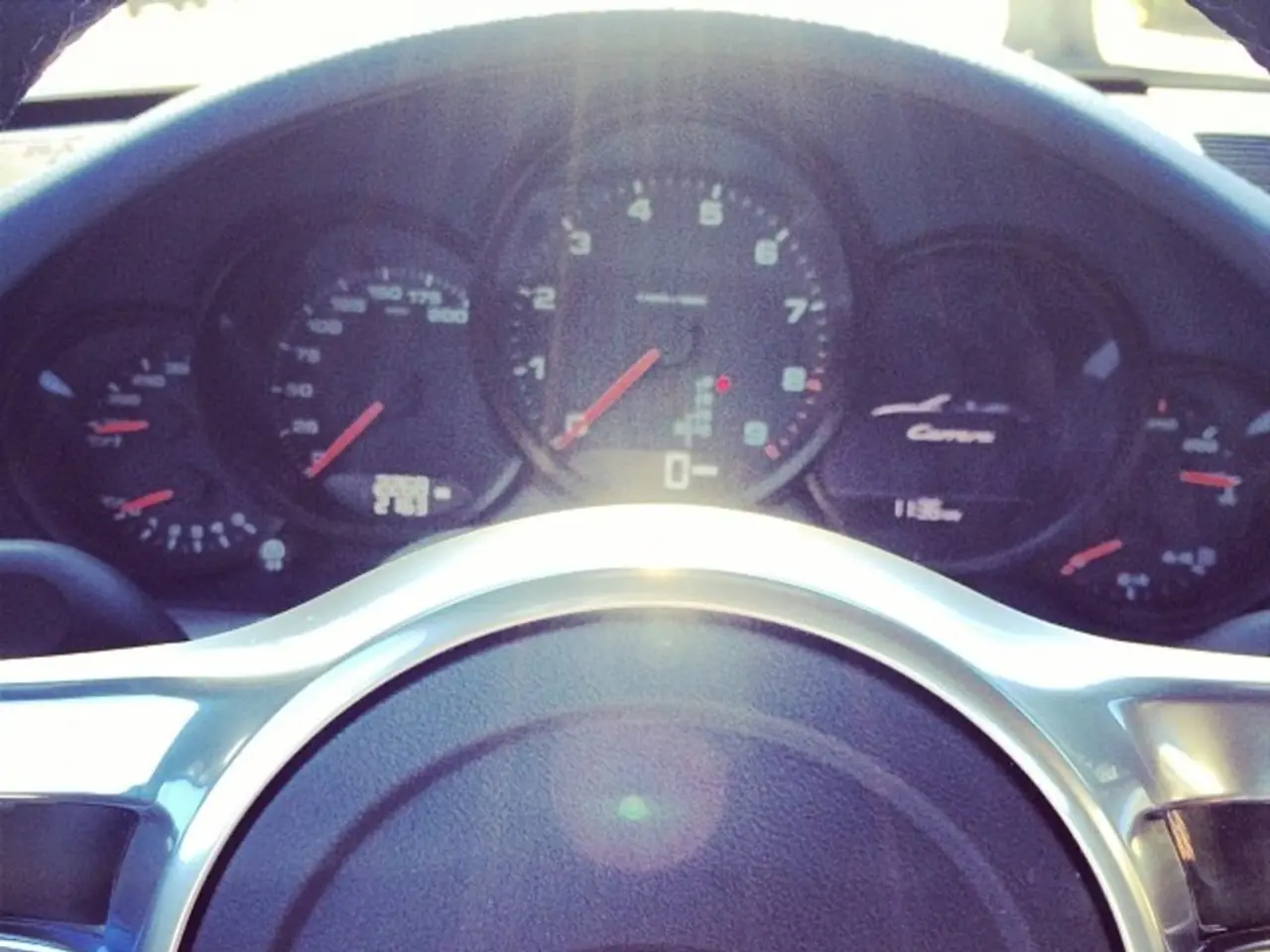World's Worst Brand Identified:Volkswagen Subsidiary,ustomers highlight key issue
================================================================================
In recent customer satisfaction rankings and surveys, the quality of German car brands, including Volkswagen (VW), Audi, and Porsche, has come under scrutiny. The primary reasons for this are persistent reliability issues, particularly with electrical and sensor faults, costly repairs post-warranty, and transmission problems.
Audi vehicles, for instance, have been plagued with frequent electrical and sensor malfunctions, often after the warranty period ends, leading to high out-of-pocket repair expenses. Volkswagen, on the other hand, faces well-known issues with failing electrical systems and transmission troubles, which are difficult and expensive to fix. These problems have contributed to German brands being cited among the least reliable in 2025 assessments.
Industry-wide pressures and restructuring within German carmakers are also contributing factors. Volkswagen and its brands (Audi and Porsche) are undergoing planned large-scale domestic job cuts due to declining sales and the challenging transition toward electrification and BEV (battery-electric vehicles) technologies. This restructuring and cost-cutting may impact production quality and customer service perception.
Additionally, tariff issues and sales slumps in key markets like China have put additional financial pressures on companies like Mercedes-Benz, influencing overall brand reputation. The rapidly shifting automotive market, with increasing competition from other players, especially Chinese brands, also poses challenges for German automakers, affecting consumer satisfaction and market demand dynamics.
The scrutiny arises from a combination of known reliability issues—mainly electrical and transmission flaws—alongside broader industry challenges of transitioning to new technologies, restructuring, and market pressures, all impacting customer satisfaction and perceived quality of VW, Audi, and Porsche cars in 2025.
The market research institute J.D. Power surveyed nearly 93,000 buyers and lessees in the USA, casting a poor light on the initial quality of many vehicles from the VW group. Audi, a subsidiary of VW, ranks last in the ranking, while Porsche lands in 13th place.
The criticisms extend beyond the USA, with VW customers giving electric cars a resounding thumbs-down, describing them as "unusable." Some users attribute the poor VW ranking to the changing automotive industry and the increasing quality of Japanese and Korean cars. Digitalization at VW is also criticized by some users.
The reimported Audi cars manufactured in Czechoslovakia-Mlada Boleslav have different electronics, and the German Audi workshop in Ingolstadt receives no information or documentation. Audi boss Gernot Döllner admits that they are currently at a low point.
Under our report on MSN, many users express critical opinions about the state of German cars. One user writes, "In my opinion, production costs here in Germany are simply too high." Another criticizes Audi for prioritizing sporty appearance over quality and customer satisfaction.
According to "chip.de," this shows a clear trend: VW is losing ground in terms of quality. The parent company VW itself is in fourth-to-last place. The need for action to improve the current situation at VW and Audi is implied.
Despite these challenges, it's important to note that the quality issues are not universal across all German car brands, and many customers continue to value the traditional 'Made in Germany' quality. However, these findings underscore the need for German carmakers to address the reliability concerns and adapt to the changing industry landscape to maintain customer satisfaction and market demand.
- The financial pressure on German carmakers, such as Mercedes-Benz, is influenced by tariff issues and sales slumps in key markets like China.
- The rapid shifts in the automotive industry, with increasing competition from other players, especially Chinese brands, pose challenges for German automakers.
- Car-maintenance expenses post-warranty can be costly for car owners due to persisting issues with electrical and sensor faults, particularly in Audi vehicles.
- Industry analysts and consumers suggest that German car brands, such as Volkswagen, should focus on improving the quality of their cars, particularly in the area of car-maintenance, to maintain customer satisfaction and market demand.




